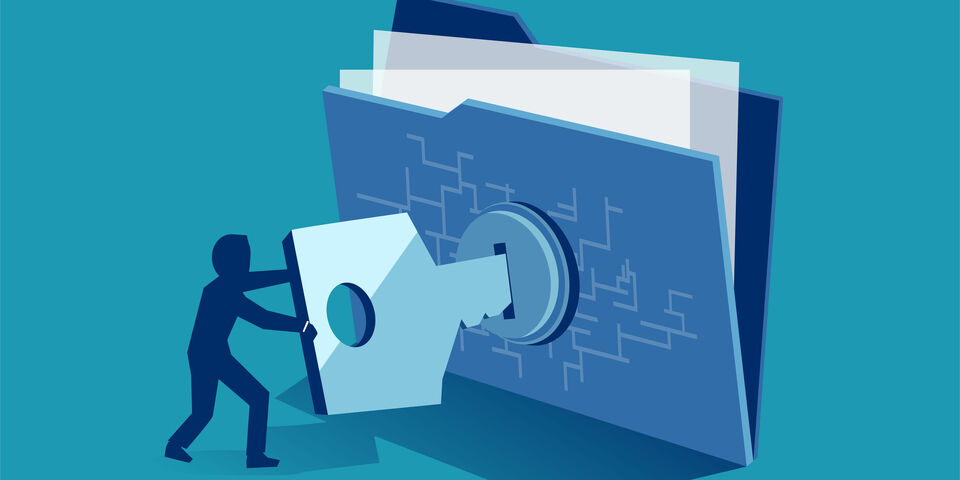Short publications will soon be open access by default
As of June 1st, the university will automatically make its short scientific works freely available online six months after their publication. Under this new open access system, scientists will no longer need to consent to their publications being made freely available. Instead, an opt-out system will apply.
Since 2015 the Dutch Copyright Act has provided for scientists who have carried out their research using public funds to make their work freely available after a reasonable period of time, even if they have signed a contract with a journal that operates a paywall. While universities and central government want to see all academic publications become open access, initially little use was made of this provision.
To change this situation, in 2019 TU/e introduced an opt-in arrangement, under which authors were asked whether they wanted their scientific article to become open access. As of June 1st, articles will automatically become freely available after six months and an opt-out arrangement will be adopted. If they wish, researchers can opt out of the open access system, but if they do so, the university expects them to make their work freely available in some other way, says Marjet Elemans, open access specialist at Library and Information Services.
Short scientific work
The Taverne Amendment to the Dutch Copyright Act was introduced to allow researchers to share short scientific works. UNL, the Dutch universities' association, subsequently produced a “workable definition” of the amendment, says Elemans. This involved clarifying the definition of a short scientific work: journal articles, conference proceedings and book chapters in edited collections. "Initially, these will be our focus, and later we'll apply the amendment to other forms of work.”
The new system applies to everyone who works at the university or uses public funding, even, as Elemans is keen to emphasize, if their research has been funded in part by a third party, whether that's ASML or Shell, the European Union or some other body. “If an article carries an affiliation with TU/e, we can make it open access.”
The university's most recently available figures, from 2021, show that 16 percent of its articles are still behind a paywall. The aim is to make 100 percent of the university's articles open access, says Elemans. “We can see that universities where this system has been up and running for some time, like those of Groningen and Twente, were nearing this percentage in 2021. Not a single researcher chose to opt out.” However, she does know of a situation in Twente in which a scientist had already signed a contract with a publisher and had difficulty breaking it. “In a situation like this, the act takes precedence over the contract. After some discussion, the scientist was able to make the article public after six months after all.”
Old publications
Once the new arrangement is in place, the university library will make all its publications published since January 1st, 2022 freely available online. Researchers have been personally informed of this move by the Executive Board. “Under the Taverne Amendment, we can even make articles from 1987 open access, but we aren't going to do that. It's a case of where do you draw the line?” says Elemans. Scientists who are keen to make older articles available can submit a request to do so to the university library's open access helpdesk.
Whether it will be possible to bring fully 100 percent of the university's articles within the open access publishing model, Elemans doesn't know, although she suspects the final tally will be very close to that goal. By making it as easy as possible for researchers, the university hopes to remove obstacles wherever possible. All scientists need do is register their articles in Pure. “Even that is being made easy for them,” says Elemans, “because when an article appears in a database, researchers automatically receive a suggestion in Pure that they register the article.” The university then downloads the definitive version and places it in the open access system, flagged with a six-month embargo. After that period, the publication automatically becomes open access and is freely available online.


Discussion